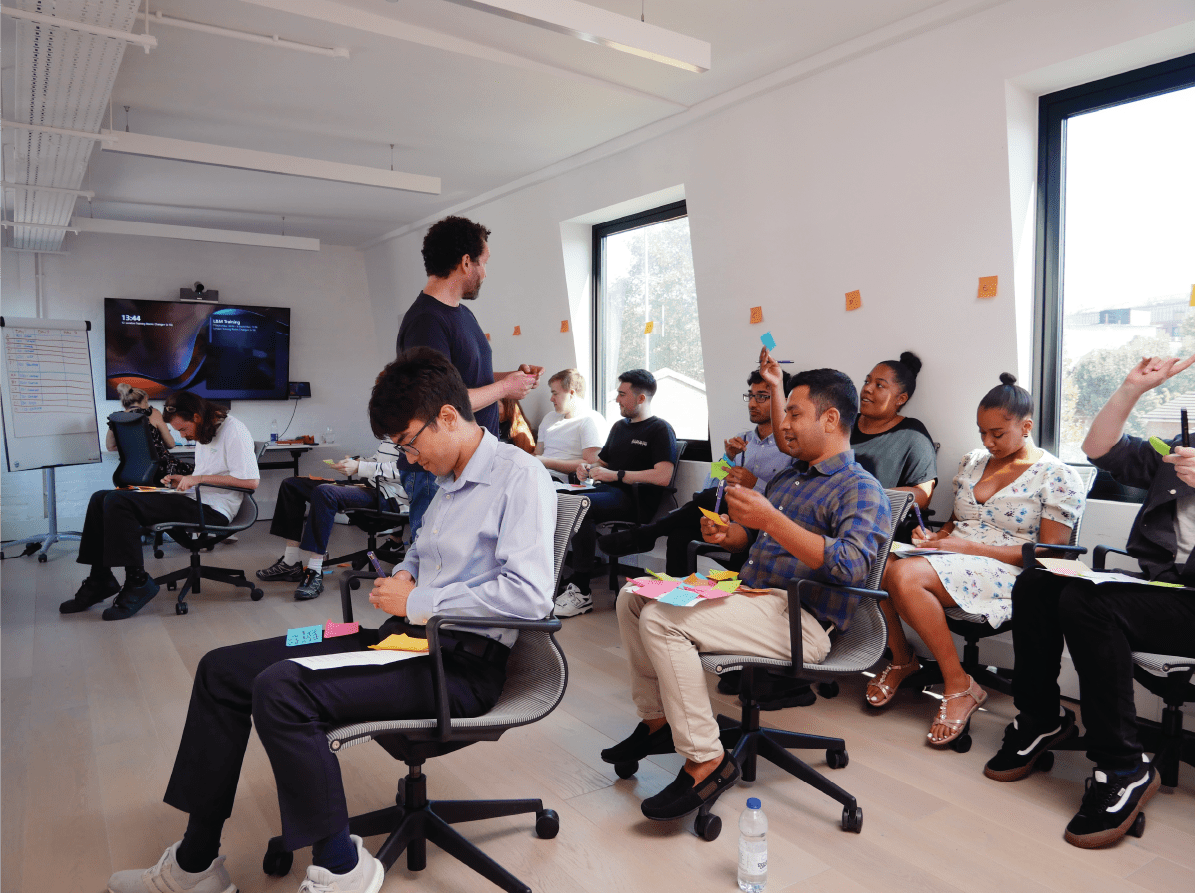
Five tips to overcoming procrastination
Grayce Head of People, Gemma Phipps offers advice on how to beat procrastination and reach your potential.
As Jeff Olson explains in his book The Slight Edge, procrastination can have a compounding effect on your life. It can impact you negatively both personally and professionally. If your skills and knowledge don’t develop over time, then you’re less likely to be promoted at work. You can fall behind the competition, impacting motivation levels and confidence which could, in turn, impact you financially.
To help overcome procrastination, we have five top tips to inspire you to take continuous action:
1. Keep things simple
We often put tasks off because they seem too large and complex. We’ve all heard the saying 'there’s just not enough time in the day'. However, breaking tasks down into manageable chunks can make the task feel less overwhelming.
For example, it’s easier to find 15 minutes in a day compared to an hour. Although the task may take you four days to complete - it's still completed. You can tick off the action from your to do list. What a great feeling!
2. Build on momentum
When you’ve made progress and achieved a goal or completed an activity, share this with someone. This promotes good team dynamics and a collaborative culture. With this point, be mindful of others and help them to get tasks over the line.
Some people aren’t born 'starters and finishers'. They are visionary people who generate innovative ideas and these people will appreciate your support and help. Celebrating individual and team success is important for building team morale and a positive working atmosphere.
3. Planning
Time management is a skill that's overlooked. We all manage our time. However, effective time management is a different kettle of fish. In today’s fast paced digital world, writing a to do list isn’t enough. Being realistic when scoping and estimating how long tasks will take is a key skill to hone, along with prioritising tasks.
Even with a concrete plan, we can still be challenged by unplanned events and these can often take priority. In this case, be flexible, re-plan and manage stakeholder expectations. This approach will get you through any crisis. And although your original priorities may fall into tomorrow, remember that's okay. It may not be ideal, but as long as everyone’s informed - the show will go on!
4. Collaborate
None of us have the skills and knowledge to do everything. However we all have our own specialisms. As the saying goes, 'two heads are better than one'. Collaboration is powerful.
If you’re putting a task off, why not reach out to someone and ask for their support? You could use this person as a sounding board or for more consultative help. It's useful to find someone to hold you to accountable for getting something done within a set timeframe. Don't forget, your colleagues and friends are there to help. This is especially useful when problem solving. Remember that a problem shared is a problem halved.
5. Reduce the noise
We often have endless lists of things to do. Or even lists of our lists! This can create a lot of noise and unnecessary distraction. It can be really demotivating. Often this leads to thinking things like 'I’m never going to get through everything, so why bother' or 'I don’t even know where to start!'.
In best-selling book The 7 Habits Of Highly Effective People, Stephen R. Covey describes a technique for reducing noise called the 'Circle of Influence'. He describes the benefits of focusing on the things you have control over. By doing so, you can almost half your list of concerns. Whether you use this technique or not, focusing on and committing to your priorities (rather than the noise around you), will set you up for success.
Say no to tomorrow and YES to making things happen, achieving results and reaching your potential!




